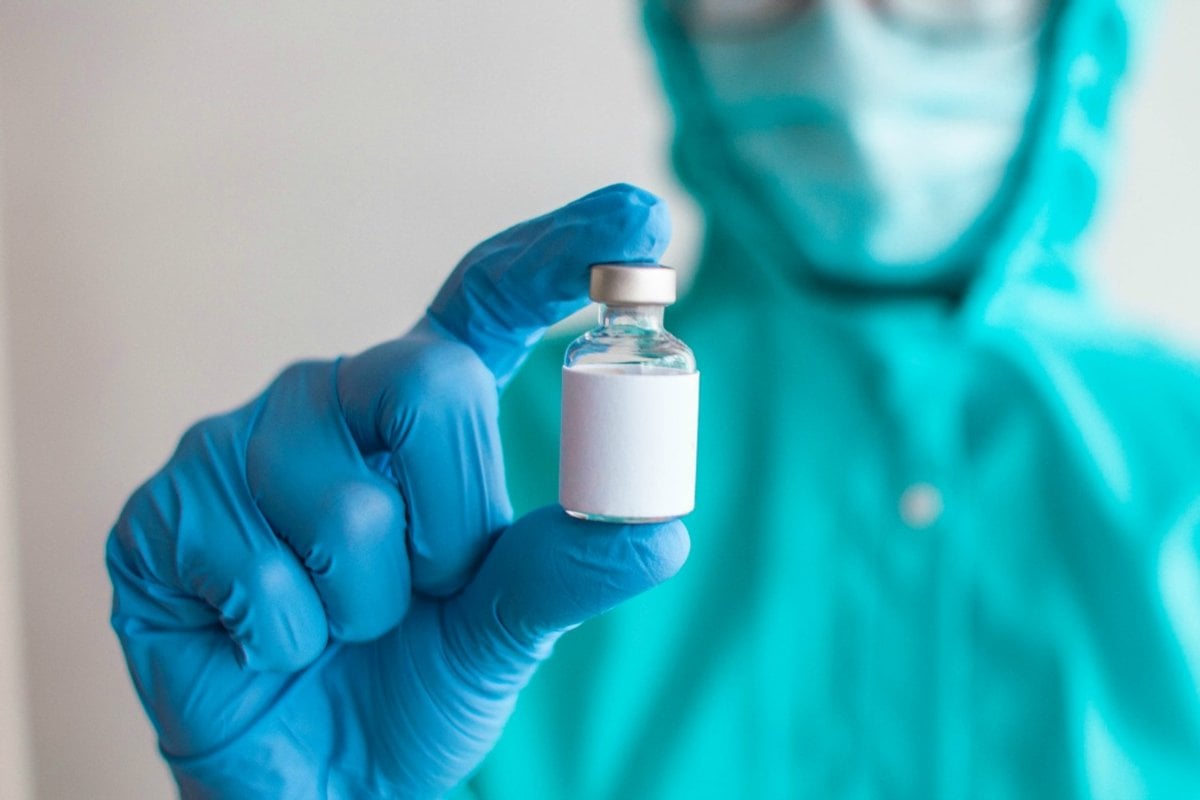
Britain has become the first western country in the world to approve a COVID-19 vaccine for use.
High-risk people will be the first to get the vaccine developed by Pfizer and German partner BioNTech SE, with the elderly, as well as medical workers the first priority, followed by those with medical issues.
Rollout of the vaccine will start early next week.
Watch: UK Prime Minister Boris Johnson talks about COVID vaccines. Post continues after video.
So what does this all mean for Australia?
Recently the line we've been fed from the government is to expect a vaccine in "early 2021."
The Pfizer-BioNTech is one of four coronavirus vaccines the federal government has deals with, but Australia's medicines regulator has confirmed they will wait for more data before moving forward with a rollout here.
Therapeutic Goods Administration head Professor John Skerritt said it was important to note Britain's decision was an emergency authorisation rather than full approval.
"The situation is very much an emergency in the UK and I can understand totally why they are moving earlier, even with the greater uncertainty," he said.

Top Comments